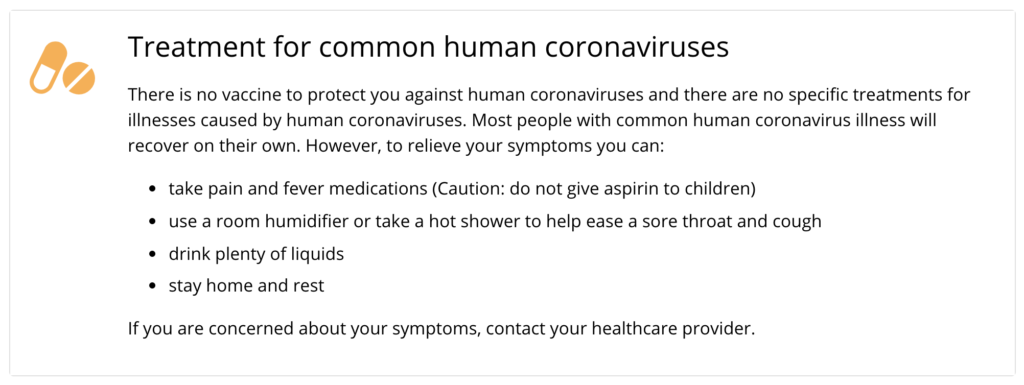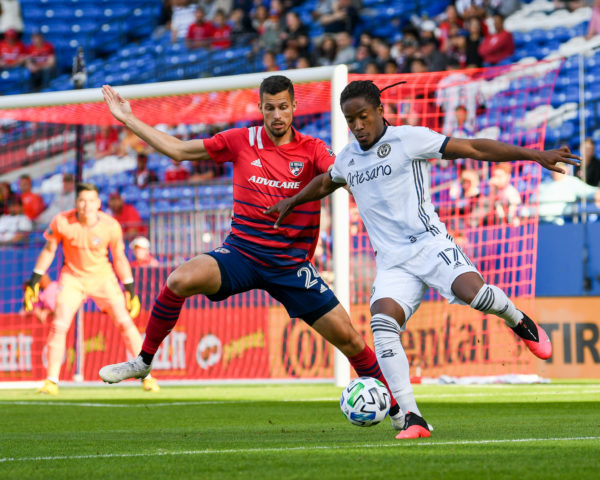Photo: Marjorie Elzey
FC Dallas became the second professional sports team to abandon its sport’s relaunch tournament when it dropped out of the MLS is Back Tournament Monday, following the Orlando Pride’s decision to abandon their games last month. A day from the competition’s first kick, this development is either the effective implementation of bubble protocols for the sake of the larger goal or the first domino to fall in the plan’s inevitable virus-related end.
Either way, the entire undertaking is ambitious and unprecedented.
In a world where negative news overwhelms even the most half-full cup drinkers, there are positives that stand out in the process: In their bubble in the otherwise virus-ravaged state of Florida, MLS and the MLSPA’s planning for the tournament has been nearly universally successful, with daily testing that (including the Texans) has yielded a mere 1% positivity rate.
Speaking of cups of water though, there are negatives too.
Several Colorado Rapids players have tested positive and delayed their team’s arrival, and a few other teams face similar delays (including the Vancouver Whitecaps, whose opening match against the aforementioned FC Dallas was postponed). Though these kinds of one-offs were inevitable in staging something of this scale, the uncertainty has caused several prominent and well-respected soccer journalists to call for the tournament’s cancellation (warning: language).
One things Maurer nails squarely on the head in this comment is that these players are more than the real-life avatars of their FIFA 20 characters: they are sons, brothers, fathers, husbands, and people. Union fans will remember one well-loved human being and his similar take on the entire process.
Glass half full or half empty, the tournament will go on (as of Wednesday morning) because there are two unsolvable problems that neither the players nor the league can possibly address.
The waiting is the hardest part
Though there is a global race to cure this disease, its familial predecessors SARS (2002) and MERS (2012/13) have been around for a lot longer than COVID-19’s several months and as of April of 2020 do not have vaccines. Sure, the charge to cure these diseases wasn’t and isn’t nearly as significant as the rally around the modern iteration, but waiting this kind of disease out until a vaccine exists is problematic because there is no guarantee that a vaccine will ever be created, let alone created by year’s end.

The goal of locking down cities in March was to stamp out the disease before a vaccine was needed: if the people who had the disease then got better in their several week sickness period and didn’t transmit the disease during their community’s month or so of quarantine, then the disease would die out from the simple lack of new hosts to transmit itself into.
Places like New Zealand did this impressively and have had full stadiums for sports matches since.
Pundits have also tossed around the idea of building up a “herd immunity,” a scenario in opposition to locking down where humanity runs head on into the disease, with a goal of infecting 70% or more of the population in order to build up an immunity to it, thereby slowing the future spread of the virus. This might sound more akin to a Civil War battle plan than a disease-fighting strategy, but would achieve a similar outcome to quarantine with the mild side effect of a much higher body count.
Unfortunately the more information scientists learn about the virus, the less likely they are to believe a plan centered around herd immunity will work anyway.
It’s all about the Benjamins, baby
So, why play at all?
This tournament is about money, at every level and at every stage. Whether that’s blatantly obvious and the result of a pragmatic economic imperative or unapologetically inhuman and awful is frankly semantics: the game of soccer is about money and this is a soccer tournament after all.
When the MLS is Back Tournament was announced on June 10th, there were 1,371 new cases of COVID-19 in Florida. That’s more than there were in New Jersey on that day for example (611), but seemed perhaps reasonable given the Sunshine State’s size and that teams could more effectively be quarantined because of the league’s partnership with Disney and ESPN.
There are few places in the world with enough soccer fields, enough hotel rooms, and enough separation from the public like exists on Disney’s sprawling Orlando properties.
Getting eye balls on the league’s product before any of the country’s Big 4 sports restart is crucial too. The Union for example have been talking for years about ways in which they can grow their fan base and chip away at the “Four for Four” mantra still so prevalent in the region. One obvious way is to be on TV when no other Philadelphia sports are, morning and night. The NWSL saw how an open calendar can create a financial bump first hand.
There are other things to consider too when “greed” is the lens through which this tournament is viewed.
- The average career length and earnings of a Major League Soccer player, and what that means if he misses an entire year.
- The perception that MLS can be a safe and reliable destination for foreign players, and what happens if that goes away.
- The simple fact that the league isn’t mature enough to hold itself up indefinitely without revenue (This isn’t a knock on the league, as nearly every business and household in American falls into this tenuous category).
If the league plays this tournament, it does so knowing the competition cannot ever be risk-free and that every day will require a re-evaluation of all protocols. If the league doesn’t play, it does so knowing that decision jeopardizes the entire existence of high-level professional soccer in America.
Darned if you do, darned if you don’t.
For the love of the game
In the search for normalcy perhaps, the games will go one. For one player anyway, it’s a chance to remind everyone what the game was about before it became a business.


RECENT COMMENTS